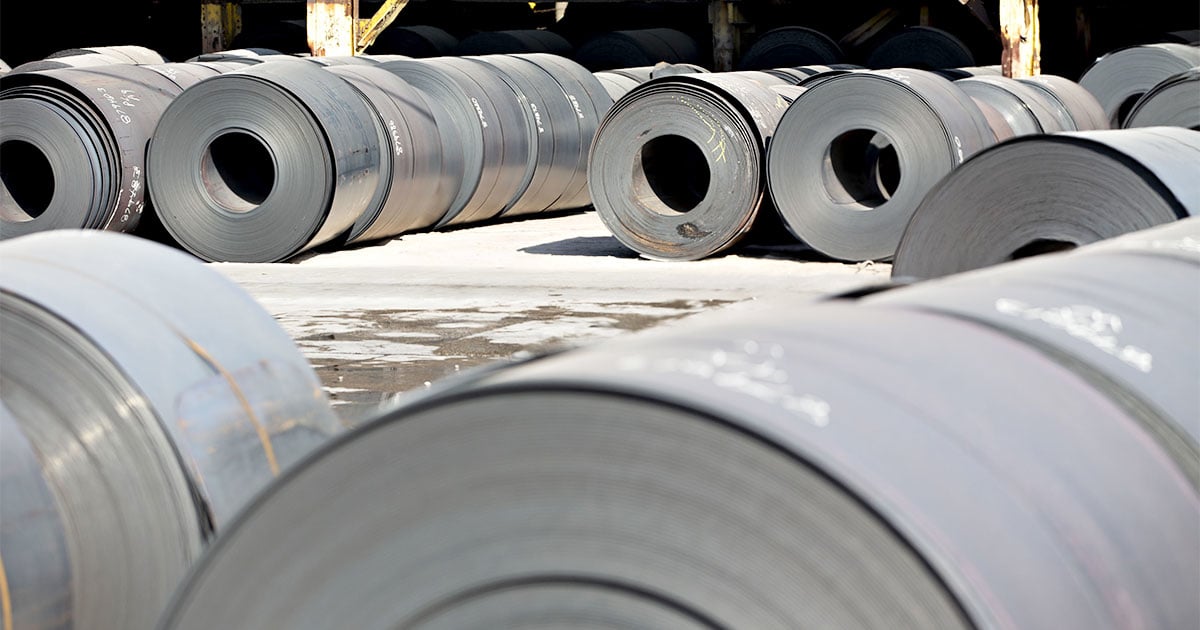
The auto industry is right to be concerned about the drama surrounding one of the most iconic companies in American history, United States Steel Corp.
U.S. Steel, one of the leading suppliers of steel products to the domestic auto industry, set a bidding war in motion last week when it announced it would assess alternatives after rejecting a $7.25 billion offer from Cleveland-Cliffs Inc.
Quickly afterward, Esmark Inc. offered $7.8 billion. In addition, No. 2 steel maker ArcelorMittal is considering jumping into the fray, sources told Reuters. As of press time, a deal had not been announced.
There’s likely some trepidation in auto purchasing circles of the market power that a combined entity would have on steel pricing. And there would be legitimate concerns should Cleveland-Cliffs prevail, with one analyst saying it could dominate “well over 50 percent of the exposed auto market.”
In 2022, U.S. Steel shipments to the automotive and transportation segments increased almost 10 percent to 3.25 million tons. Cleveland-Cliffs said automotive customers made up 31 percent of its revenue in 2022, up from 25 percent in 2021.
A combined U.S. Steel and Cleveland-Cliffs also would own 100 percent of domestic iron ore reserves, raising risk of intervention by antitrust regulators.
The forces at play are the result of decades of shocks to American basic steel makers — which make metal from iron ore in blast furnaces — from foreign competition, cheaper and more efficient furnaces that remelt scrap into steel, and other materials such as aluminum and composites.
And it’s U.S. Steel’s deft repositioning in recent years that made it an attractive target. CEO David Burritt has diversified, investing in the more efficient and lower-emission scrap-melting furnaces. This comes as steel demand is expected to rise and as automakers and other manufacturers look to reduce carbon emissions in their supply chains.
The implications of a potential U.S. Steel sale go even further. The top 10 list of global steel makers is dominated by Chinese operations. A merger of U.S. Steel and Cleveland-Cliffs would put an American firm into or close to the top 10, according to 2022 World Steel Association tonnage figures.
There is a national security interest in having large, globally competitive steel producers in the U.S. While a merger poses the potential of higher steel prices, the gravitational pull of market forces and a national security interest is strong.

